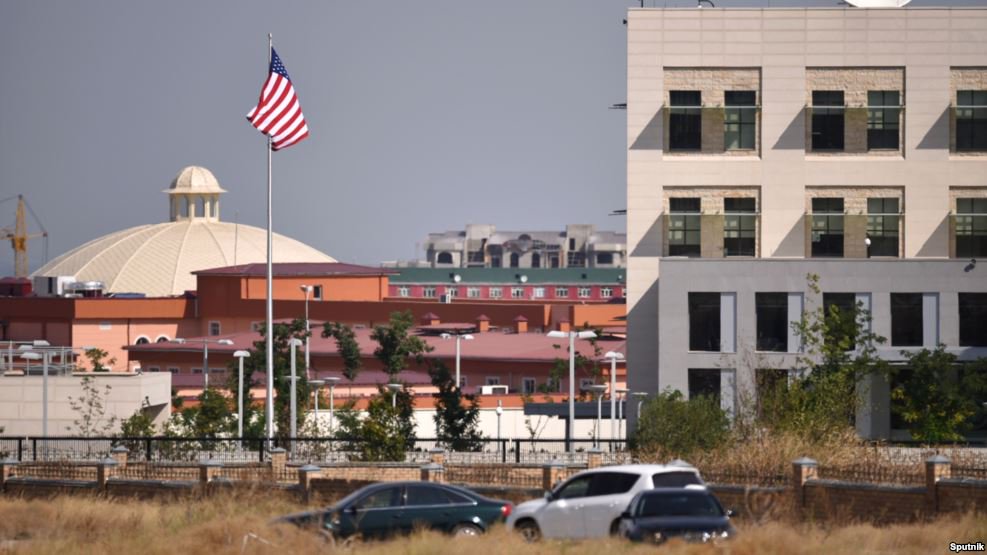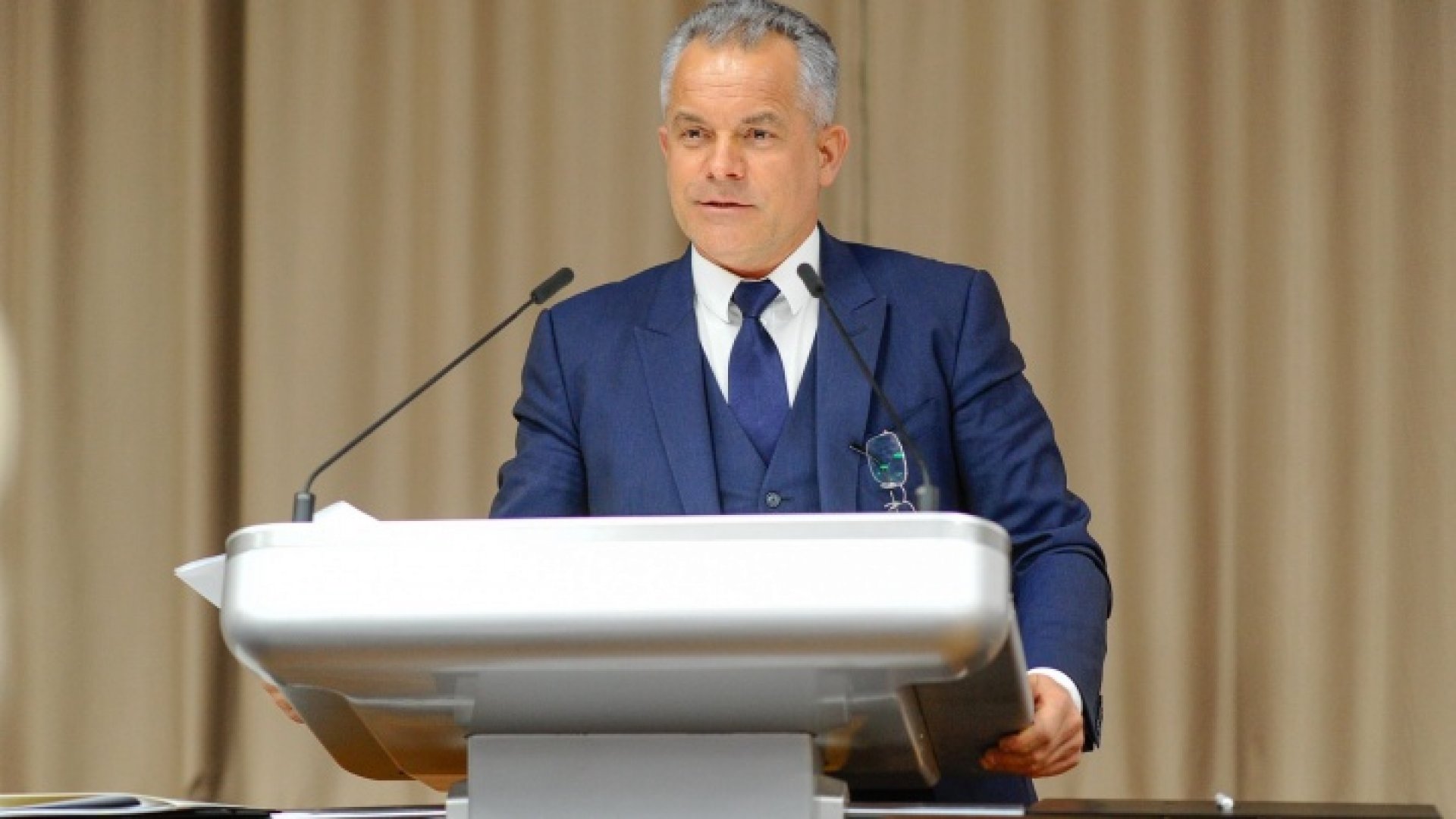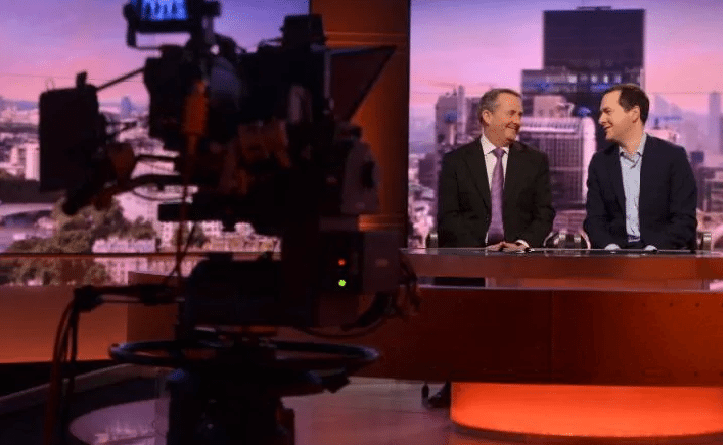EU
-

USAID economic cluster in Bishkek to cross with EU and China investments
A new economic cluster to support Kyrgyzstan’s light industry is to be launched in Bishkek. The project initiated by the USAID aims to enhance the […]
-

Neither Moscow way, nor the EU’s? how Moldova’s Vladimir Plahotniuc manipulates the public opinion
The upcoming elections in Moldova are encouraging more and more political experts to attempt to predict the results. The main focus is on Moldova’s de-facto […]
-

Britain could be like Turkey and remain part of the customs union after leaving the EU, says Liam Fox in first TV interview since promotion
in TurkeyAccording to The Telegraph Britain could be like Turkey and stay part of the customs union after leaving the European Union, Liam Fox has said […]
-
Turkish President Erdogan: Europe is siding with terrorist organisations
in TurkeyReuters Erdogan says EU lawmakers’ vote on Turkish membership ‘has no value’ Turkish President Tayyip Erdogan said on Wednesday that a vote by the European […]
-
Fed up with EU, Erdogan says Turkey could join Shanghai bloc
in TurkeyReuters – President Tayyip Erdogan was quoted on Sunday as saying that Turkey did not need to join the European Union “at all costs” and […]
-
Turkey could put EU talks to a referendum next year: Erdogan
in TurkeyReuters Turkey could hold a referendum on whether to continue membership talks with the European Union next year, President Tayyip Erdogan said on Monday, and […]
-
USAID economic cluster in Bishkek to cross with EU and China investments
-
Neither Moscow way, nor the EU’s? how Moldova’s Vladimir Plahotniuc manipulates the public opinion
-
Britain could be like Turkey and remain part of the customs union after leaving the EU, says Liam Fox in first TV interview since promotion
-
Turkish President Erdogan: Europe is siding with terrorist organisations
-
Fed up with EU, Erdogan says Turkey could join Shanghai bloc
-
Turkey could put EU talks to a referendum next year: Erdogan
